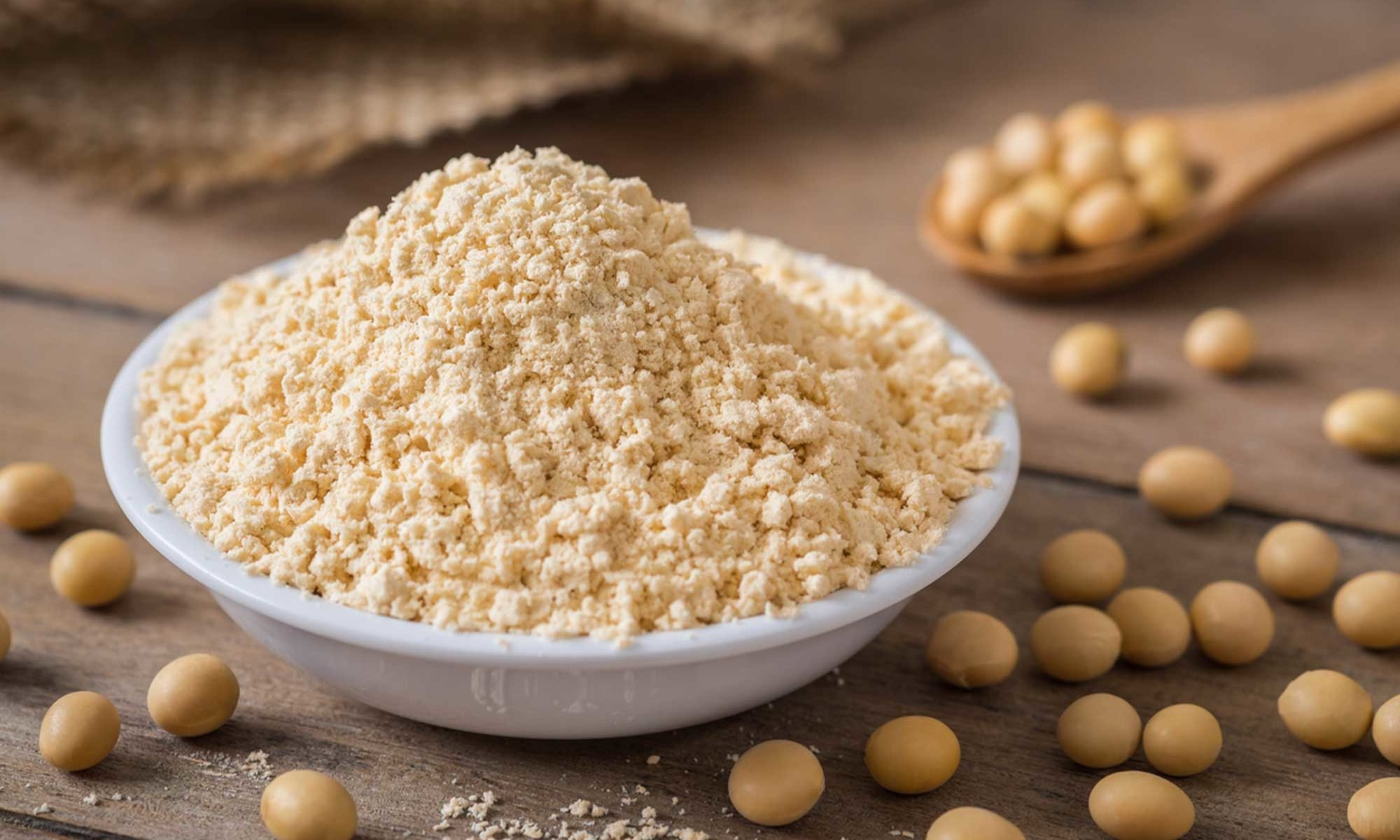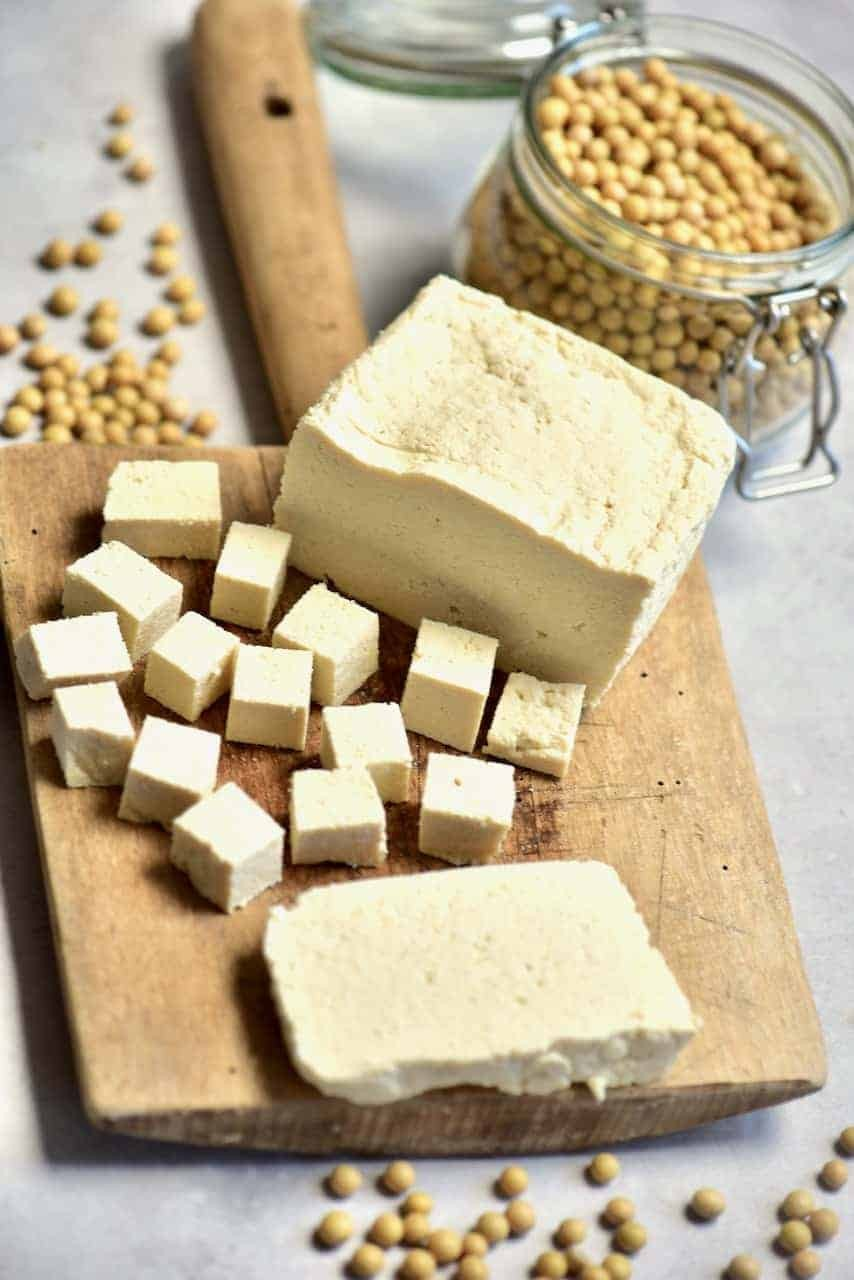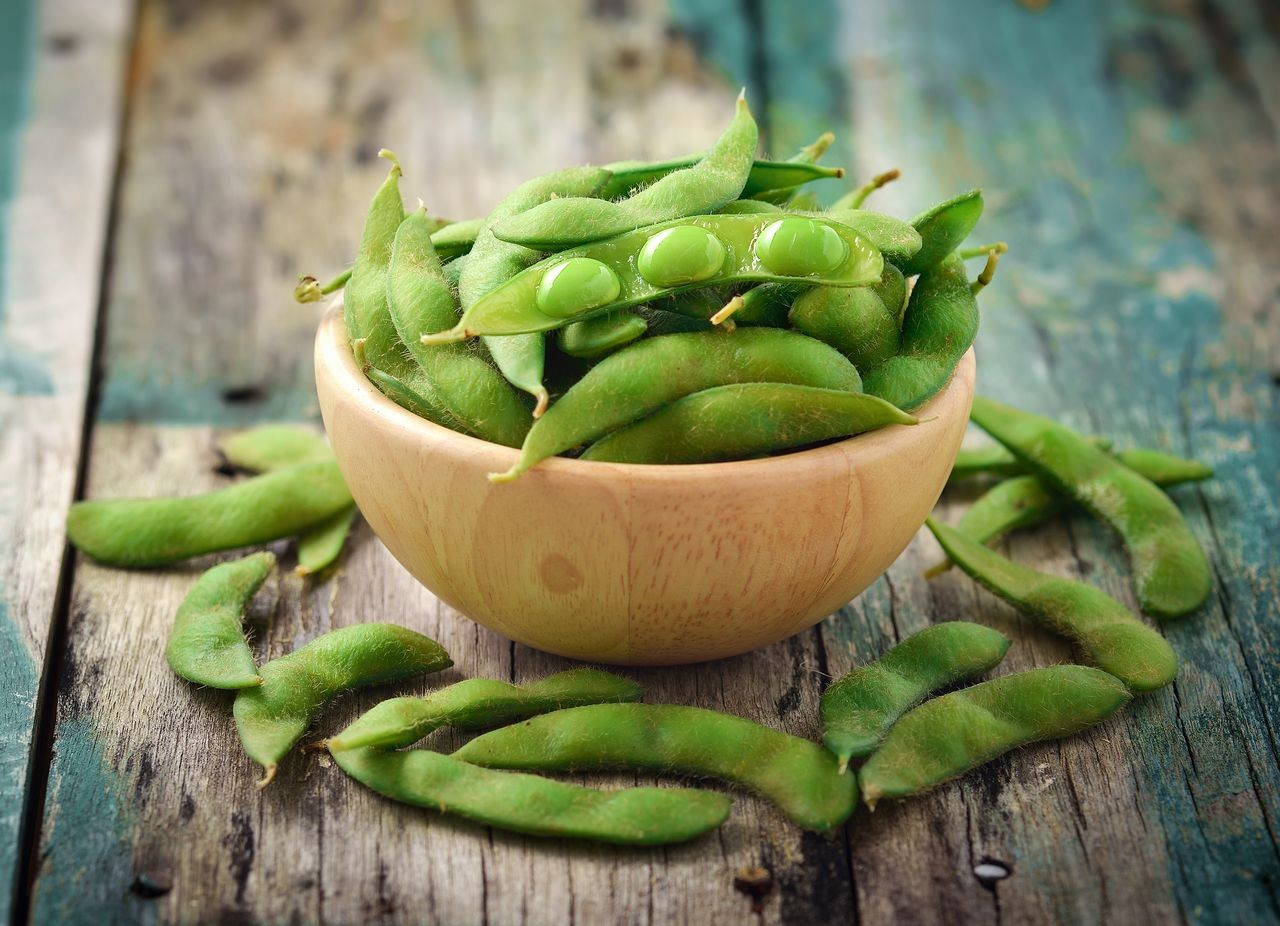The Anti-Aging Benefits of Soy Protein for Postmenopausal Women
Crafted by: Jonathan Chew

As we age, our skin undergoes numerous changes, particularly after menopause, when the body’s production of estrogen significantly decreases. This drop in estrogen can lead to drier skin, an increase in wrinkles, and a loss of elasticity, contributing to the visible signs of aging. However, research suggests that certain foods can play a crucial role in supporting healthy aging from the inside out. One of the most promising discoveries is the potential anti-aging benefits of soy protein for postmenopausal women.
The Connection Between Diet and Skin Aging
Healthy skin aging starts with what you eat. Although the idea may sound complex, it’s not as difficult as it seems. A skin-supporting diet is very similar to eating for overall longevity, focusing on whole, natural foods and a balanced intake of essential nutrients. Protein, particularly plant-based sources like soy, plays a vital role in maintaining skin health, and foods rich in antioxidants can protect against oxidative stress, which accelerates aging.
Research increasingly shows that some foods can directly influence the aging process, giving rise to the concept of “skin foods.” Soy protein, in particular, has gained attention for its potential to improve skin health, especially in postmenopausal women.
Soy Protein and Skin Aging: The Latest Research
Recent studies are shedding light on how soy protein may reduce wrinkles and improve overall skin condition in postmenopausal women. A study examined the effects of dietary soy protein supplementation enriched with isoflavones on skin aging. The findings were promising: soy protein not only improved wrinkles and pigmentation concerns but also enhanced skin hydration, addressing some of the most common aging issues faced by postmenopausal women.
Isoflavones, a type of phytoestrogen found in soybeans, are key to these benefits. Phytoestrogens are plant-based compounds that mimic the action of estrogen in the body. This is particularly important during menopause, a time when women experience a sharp decline in estrogen levels. These isoflavones can help compensate for this drop, offering some of the same protective effects that estrogen would normally provide.
How Soy Protein Supports Skin Health
The benefits of soy protein for skin health extend beyond its estrogen-like effects. Isoflavones, along with other phytoestrogens, have been shown to increase the concentration of hyaluronic acid in the skin. Hyaluronic acid is a naturally occurring substance that helps the skin retain moisture, but its levels decrease with age. By boosting hyaluronic acid, soy protein helps to keep the skin hydrated, which can reduce the appearance of wrinkles and make the skin appear plumper and more youthful.
In addition to enhancing moisture, soy protein also improves collagen production and quality. Collagen is a structural protein that gives skin its firmness and elasticity. As we age, collagen production declines, leading to looser, sagging skin. By promoting collagen synthesis, soy protein can help counteract this process, supporting firmer, more resilient skin.
Addressing Common Concerns About Soy and Cancer
One common concern about consuming soy, especially among postmenopausal women, is whether it increases the risk of certain cancers, such as breast cancer. Isoflavones, the compounds responsible for many of soy’s skin benefits, have been scrutinized for their potential to raise estrogen levels and thus increase cancer risk. However, a comprehensive review by the European Food Safety Authority (EFSA) concluded that soy isoflavones do not increase the risk of breast, thyroid, or uterine cancer in postmenopausal women, but rather act as a potent anti-cancer power food. While it’s always wise to consult a healthcare professional if you have concerns, the research suggests that soy protein can be safely incorporated into the diet without raising cancer risks.
Building a Skin-Supporting Diet
While soy protein can provide significant skin benefits, it’s important to remember that it’s just one part of a balanced, skin-supporting diet. For optimal skin health, you’ll want to include a variety of nutrients in your meals, including antioxidants, carotenoids, and omega-3 fatty acids.
- Carotenoids: These compounds are found in red and orange fruits and vegetables, such as carrots, bell peppers, and tomatoes. Carotenoids protect the skin from oxidative stress and damage caused by UV exposure, which can accelerate aging.
- Omega-3 Fatty Acids: Found in foods like salmon, walnuts, and avocados, omega-3s help maintain the skin’s barrier function and reduce inflammation. Omega-3s can also support collagen production and skin elasticity.
If you’re looking to further enhance your skin’s resilience to aging, consider incorporating collagen peptides into your diet. Collagen supplements have been shown to improve skin elasticity and increase dermal density, both of which are essential for maintaining firm, youthful skin. When combined with soy protein and a balanced intake of carotenoids and omega-3s, collagen peptides can help you build a comprehensive strategy for skin health.
Simple Ways to Add Soy Protein to Your Diet
Soy protein can be a versatile and nutritious addition to your diet, but it can sometimes be tricky to incorporate if you’re unfamiliar with how to prepare it. Here are three easy and tasty ways to add more soy protein to your meals:

- Tofu Cubes: One of the simplest ways to enjoy soy protein is by preparing tofu cubes. Make sure to press your tofu to remove excess water before cooking, which will help it achieve a better texture. Toss the cubes in olive oil and your favorite spices, then bake or sauté them for a delicious addition to salads, grain bowls, or stir-fries.
2. Soybean Snacks: If you’re not a fan of tofu’s texture, you can still enjoy the benefits of soy by snacking on soybeans. Boiled edamame makes a great snack, especially when sprinkled with sea salt or tossed with soy sauce or coconut aminos for added flavor.

3. Shredded Tofu: Shredded tofu is an excellent way to incorporate soy protein into tacos, sandwiches, or warm bowls. Press the tofu before shredding it to remove extra moisture, then sauté or stir-fry it for a versatile and tasty protein source.
4. Soya Protein Isolate: extracted from the fermentation of soya beans, this method takes the highest quality protein and all the phytonutrients in soybeans out, and it serves as a good substitute for animal protein without worrying about cholesterol and can be consumed long-term for overall well-being.
Conclusion
Soy protein is emerging as a powerful ally in the fight against skin aging, particularly for postmenopausal women. Isoflavones, the phytoestrogens found in soy, mimic estrogen’s effects, helping to combat the loss of moisture, elasticity, and firmness that occurs with age. Studies suggest that soy protein can reduce wrinkles, improve skin hydration, and enhance collagen production, all of which contribute to a more youthful appearance.
While soy protein offers promising benefits, it’s essential to take a holistic approach to skin health. Incorporating a variety of antioxidant-rich foods, carotenoids, omega-3 fatty acids, and collagen peptides can further support your skin as it ages. With a balanced diet that includes soy protein, you can help protect your skin from the inside out and maintain a radiant, youthful glow.
Always consult with a healthcare professional, especially those trained in Nutritional & Functional Medicine, before making significant changes to your diet, especially if you have concerns about soy and its impact on your health. However, current research suggests that soy protein can be a safe and effective way to promote healthier, more youthful skin for postmenopausal women.

